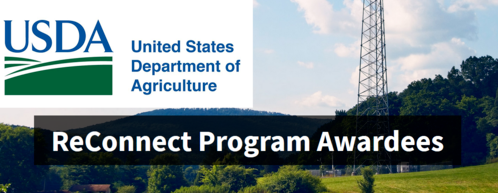Tribes Likely Have to Challenge RDOF And Other “Enforceable Commitments” on State BEAD Maps
As debate continues about the “collision course” between the Rural Digital Opportunity Fund (RDOF) and Broadband Equity, Access, and Deployment (BEAD) programs, it is worth highlighting the unique leverage Tribal nations have to resolve these concerns on Tribal lands as well as the challenges they may face in navigating the process.
Existing state and federal grant/loan programs are considered “enforceable commitments” under BEAD rules, making locations funded through those programs, including RDOF, ineligible for BEAD grants (unless those awards are declared to be in default). This rule prevents “duplication” of federal or state funding for broadband infrastructure build-outs.
The debate has emerged because some communities are concerned that RDOF-funded building has not yet begun and, in some cases, may never be built-out. In the meantime those locations remain ineligible for BEAD because of these enforceable commitments.
However, the rules about enforceable commitments and duplication are different on Tribal lands. When issuing its BEAD guidance, the National Telecommunications and Information Administration (NTIA) determined that federal and state grant funding for buildout on Tribal lands – like RDOF – that do not carry Tribal Government Resolutions of consent are not considered to be enforceable commitments.




